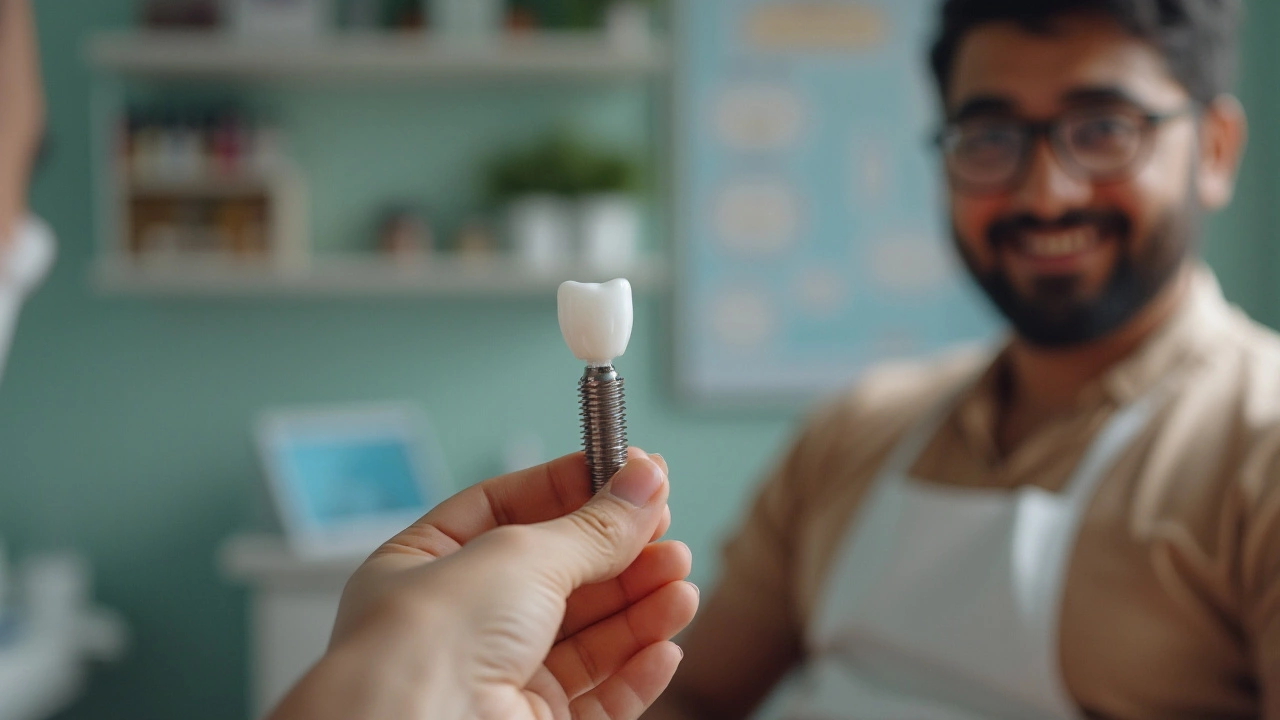Oral Health Basics: Keep Your Smile Strong and Fresh
Most of us think oral health is just about brushing twice a day, but there’s a lot more you can do to keep your mouth happy. A clean mouth doesn’t just look good—it helps you avoid pain, costly dentist trips, and even some health problems elsewhere in the body. Let’s walk through the everyday habits that actually make a difference.
Everyday habits that protect your teeth
First off, the brush matters. Use a soft‑bristled toothbrush and replace it every three months. A pea‑size dab of fluoride toothpaste is enough; more doesn’t mean cleaner. Aim for gentle circular motions for two minutes, covering every surface. If you’re unsure about the timing, set a timer or hum a short song.
Flossing often feels like a chore, but it’s the part that reaches the gaps your brush can’t. Pull out about 18 inches of floss, wrap most of it around your middle fingers, and gently slide it between each tooth. Curve it around the side of each tooth and slide it up and down. If regular floss feels tough, try floss picks or a water flosser – they work just as well.
What you eat plays a big role too. Sugary snacks and drinks feed the bacteria that cause cavities. When you do indulge, rinse your mouth with water afterward. Crunchy fruits and veggies like apples, carrots, and celery act like natural toothbrushes, cleaning teeth while you chew.
Alcohol and tobacco are big enemies of oral health. Smoking stains teeth, weakens gums, and raises the risk of oral cancer. Cutting back or quitting can dramatically improve the condition of your gums and reduce bad breath.
Mouthwash can be a helpful sidekick, especially an alcohol‑free version with added fluoride or antimicrobial agents. Swish for 30 seconds after brushing and flossing for an extra burst of protection.
When to see a dentist
Even with perfect at‑home care, regular check‑ups are a must. A dentist can spot early signs of cavities, gum disease, or other issues before they become painful. Aim for a cleaning and exam at least once a year; many people benefit from every six months.
If you notice persistent bad breath, bleeding gums, a loose tooth, or unexplained tooth sensitivity, book an appointment right away. These could be signals of gum inflammation or a cavity that needs attention.
For families, setting up a “dental day” routine helps kids get used to regular visits. Bring a favorite toy or let them choose a small reward after the appointment – it turns a potentially scary trip into a positive experience.
Remember, oral health isn’t a one‑time project. It’s a series of small choices you make every day – brushing, flossing, eating wisely, and seeing the dentist. Stick to these habits and you’ll enjoy a cleaner mouth, fresher breath, and fewer trips to the dentist for emergencies. Your smile will thank you, and so will the rest of your body.






